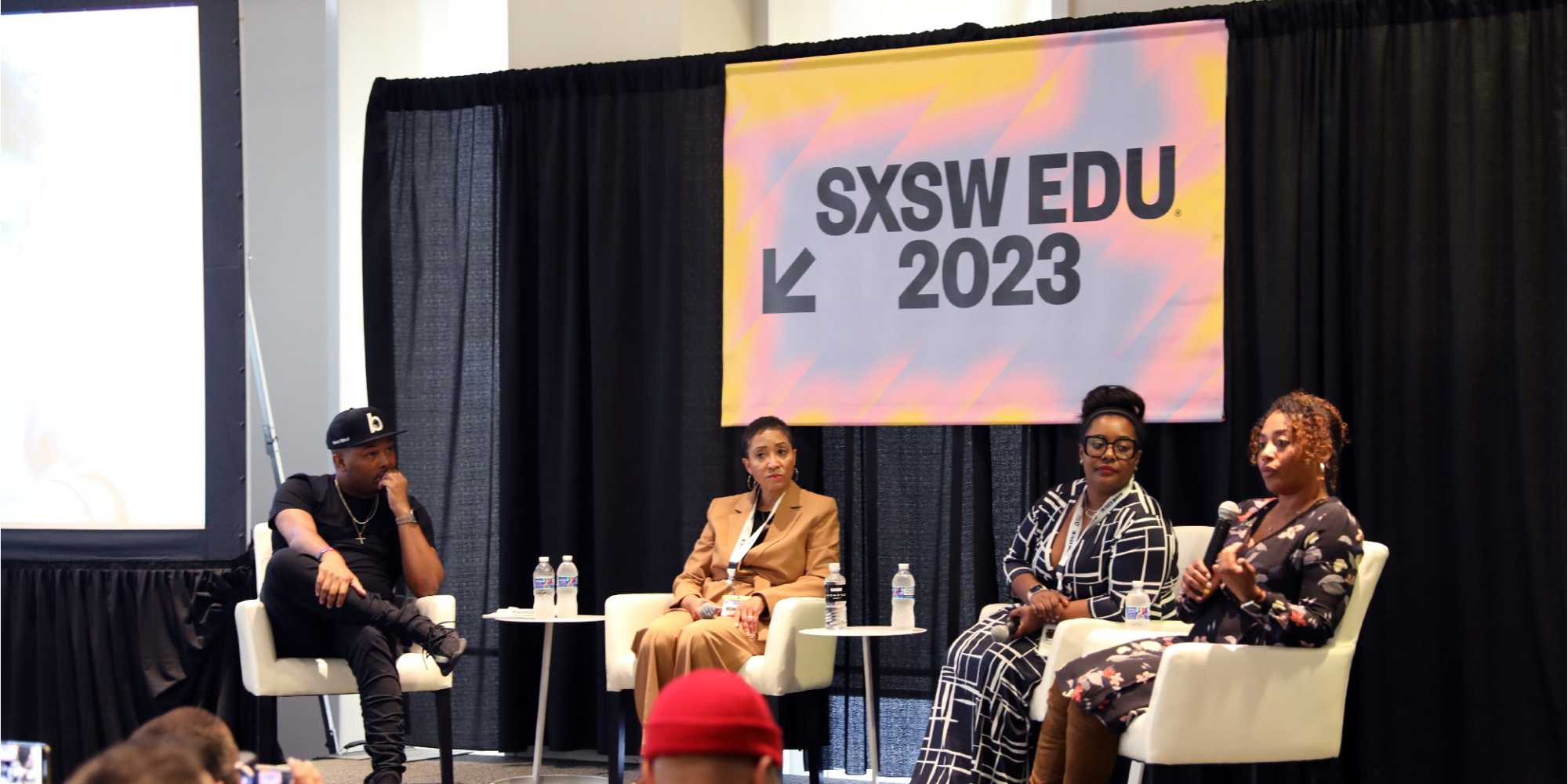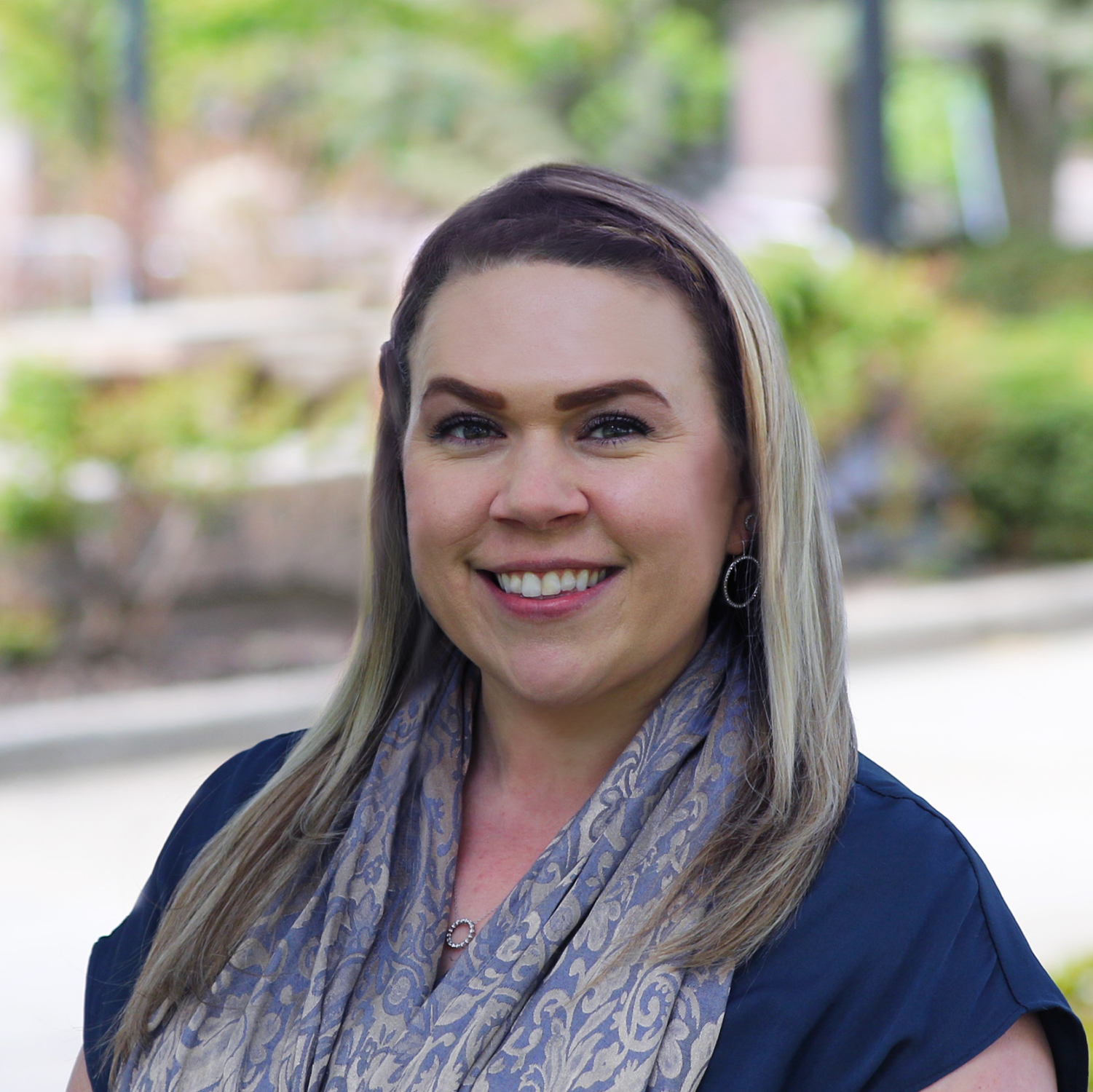New Poll Previewed at SXSW EDU Confirms Black Parents Want Flexible Funding, School Choice Options
One of the foundational principles that drives many in the educational choice movement is the understanding that not all children are the same, therefore one system or style of education couldn’t possibly serve them all well.
It’s that same recognition—that people and their communities are different—that drives much of EdChoice’s public opinion research. In addition to consulting parents and voters across the country each month, EdChoice also partners with Morning Consult to regularly survey specific segments of the population (such as teens and teachers) to better understand their perspectives and ultimately, work with them to find solutions that will meet their unique needs.
The latest nationally representative survey consults 1,311 Black parents about a range of topics, from post-pandemic learning, to what they value most in their children’s academic careers, to changes they’d like to see moving forward. EdChoice previewed the findings at SXSW EDU 2023 in a panel that brought together leaders in the Black education community to discuss the results and broader issues Black students face in school.

“(The study is) affirming because so often Black parents are looked at as disenfranchised and not wanting to be engaged in their children’s education … It’s not a matter of not wanting to be engaged and understanding that there’s no connection to the parent and the school,” said Jay Artis-Wright, executive director of The Freedom Coalition for Charter Schools.
The survey was preceded by focus groups consisting of parents, educators, and educational advocates. Those in-person conversations revealed Black parents define success in learning not only when their child is prepared to advance to the next grade, but also when they become lifelong learners. Survey participants view core academic subjects as extremely important for students in kindergarten through eighth grade, and prioritize independent thinking and core academic subjects for high schoolers.
“We want to make sure our children have everything that they are supposed to have and everything they deserve as Black children,” Janelle Wood, founder and CEO of Black Mothers Forum, Inc, said during the conversation. “We want their voice to be heard and we want them to be respected.”
Bullying is the most common reported struggle parents see their children face in school, followed by excessive stress or anxiety and difficulty with teachers. Several of the panelists shared examples of their own children or students being bullied in school, and discussed their personal experiences of not being taken seriously by administrators or teachers.
Constance Lindsay, Ph.D., an assistant professor at University of North Carolina at Chapel Hill, urged those interested in Black education to make sure they not only have access to information, but are represented in surveys and research so that policy will be informed by the unique experiences and perspectives of diverse communities. She recalled the point during the pandemic when many were calling to reopen schools, but conversation was not informed by the realities Black and Brown students were facing at the time.
“We knew that the pandemic hit Black and Brown communities differently so Black folks wanted schools to open, but we wanted to do it in a safe way,” Lindsay said. “And that was ignored. I really had a problem with how data was used, how data was collected, and the absence of our voices in the data-collection process. … What I think is so cool about this particular study is that it really is elevating that Black parent voice which is usually missing in these conversations.”
Parents report being more involved with their children’s learning since the pandemic, and believe there are important lessons from the past three years that should be implemented moving forward. Overall, survey participants believe their local schools are heading in the right direction, but are also overwhelmingly supportive of educational options outside the traditional, ZIP Code-assigned public school model.
“When I looked at this data, it definitely was reflective of what we’ve been doing all along. We knew that Black parents wanted a choice,” Wood said. “They wanted a safer and more supportive learning environment for their children. This is what this data shows. They are open to any educational opportunity or option other than the one they currently have sitting before them.”
Artis-Wright said the past few years have shown parents that the future of learning can look different than it has in the past.
“From the pandemic we’ve learned how powerful it is to actually be in a space to have a choice,” she said. “A lot of what was revealed about the work happening in our schools is that our students weren’t being taught what we thought they were being taught. And now at home, we have more resources. … Why would (we) ever send them back to the environment that wasn’t good for them in the first place?”
When given basic information about school choice policies, Black parents voiced strong support for education savings accounts (78% favorable), school vouchers (79% favorable), charter schools (74% favorable), and open enrollment (78% favorable). One in 10 report sending their children to a microschool, and homeschooling receives strong support across demographics.
Charles Cole III, Ed. D., founder and executive director of Energy Convertors, said it’s important to not trade one system for another and we must keep students at the center of solutions, challenging the audience to view students not as numbers but as “souls to be poured into.” He expressed support of policies that give families flexibility regarding where their children are educated by allowing money to follow them, rather than tying funding to a system.
“When a child is in a public education system, there is money that follows that child,” Cole said. “It does not belong to that district, it does not belong to that school. It belongs to that child and wherever that child decides to go.”
Giving parents a seat at the table is the first step.
“We need to make sure we are honoring every Black parent no matter where they come from, no matter their walk of life because they are human beings,” Wood said. “We all should have the same outcome and goal in mind that we pour into (the student) so they can go on to do great things.”




